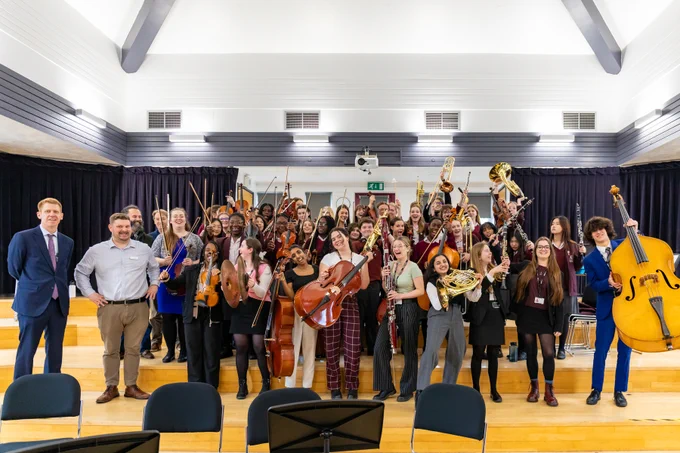Latest News
Broadening Horizons - Chris Joly
Izzy in Nightingale 1 sent this report:
The last Broadening Horizon’s lecture, on Thursday, 2nd March, was presented virtually by Chris Joly. He talked to us about archaeology, providing interesting examples of uncovering early history such as Knossos and Herculaneum (lost cities from the ancient Mediterranean), a stone age settlement in Orkney, and inscribed ivory lice comb written in humanities earliest alphabet Canaanite from 1,800BC. All of which showed how archaeologists uncover artefacts to inform our understanding of the past.
He also detailed the more recent history of Archaeology as a field using the excavation of Sutton Hoo and more recent finds on the construction of HS2, to show the importance of context and how the main aim of archaeology as a field is preservation, considering how many finds on HS2 are reburied much like the Anglo-Saxon hoard of Sutton Hoo, excavated in 1938.
There was necessary mention of Indiana Jones when he talked about public perceptions of archaeology and how many people focus on the large, exciting sites, ruins of big cities, broken things, metal detectorists finding buried treasure and human remains although the field is vast and varied and all finds, no matter how small, can be immensely valuable. Joly posed important questions about hoaxes, objectivity and bias and, Is Archaeology Vandalism?
It was very interesting to learn about how the field of archaeology has developed since the 19th century with horrific cases like the 40 pyramids of Meroe in Sudan, destroyed by Giuseppe Ferlini in 1834 who used dynamite to access the grave goods within.
Finally, Chris used the case of ‘The Iceman’ or ‘Otzi’, a naturally mummified murder victim from 5,300 years ago, to highlight the different kinds of archaeology there are i.e., Bioarcheology, Osteoarcheology, Enviromental archaeology, Geoarchaeology and Forensic archaeology, all of which went to solve the mystery of this man's life.
He finished the talk on an interesting quote from Erich Fromm (1947) which highlights the draw of not only archaeology but history in general:
“Man is the only animal for whom his own existence is a problem which he has to solve.”



























